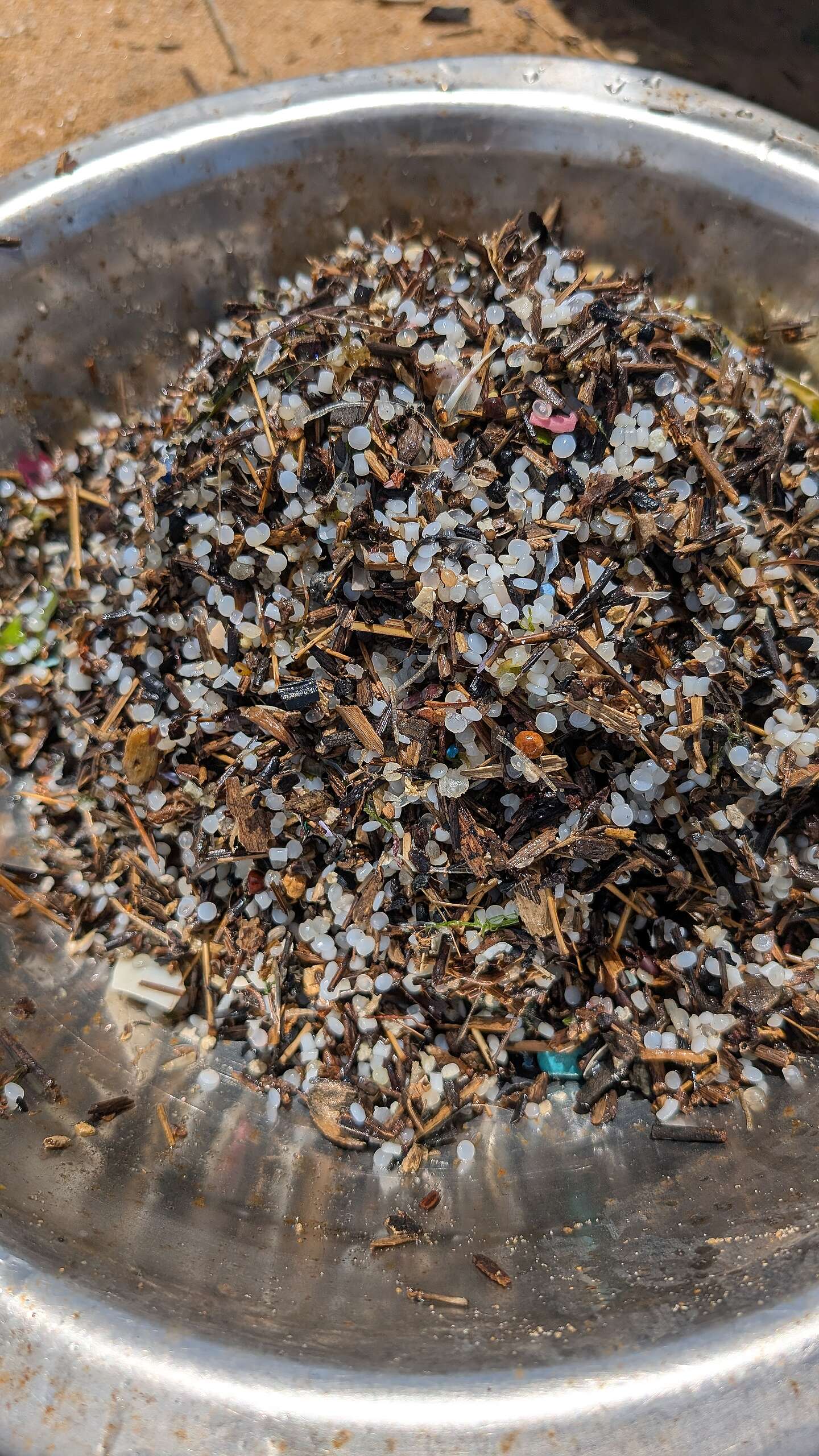Greenpeace South Asia Exposes A Pattern Of Safety Lapses, Environmental Violations, And Liability Avoidance By MSC
The investigative report reveals how MSC’s use of ageing vessels, regulatory loopholes, and flag-of-convenience practices have repeatedly led to environmental accountability shortfalls in South Asia.
Colombo, 13th November 2025: Greenpeace South Asia released its latest investigation report, “Below Deck: The Truth Beneath What You Sea (Mediterranean Shipping Company MSC),” highlighting a corporate model that contains incident liability and externalises environmental and social costs onto weaker jurisdictions in the Global South.
The report details how MSC became the world’s largest container carrier by expanding rapidly while deploying ageing, second-hand vessels to South Asian routes under flags of convenience, thus shifting the burden of risk and cost onto vulnerable coastal nations such as India, Sri Lanka, and Bangladesh.
The release follows the MSC ELSA 3 shipwreck off the coast of Kerala in May 2025, which led to the loss of 643 containers, including hazardous materials and massive quantities of plastic nurdles that have since washed up on Indian and Sri Lankan shores, from Jaffna to Matara. These nurdles pose severe long-term threats to marine ecosystems, fisheries, and the livelihoods of coastal communities still recovering from the 2021 X-Press Pearl disaster.
The report also echoes Greenpeace’s demand for MSC to comply with the Kerala High Court’s order dated 25th September to deposit ₹1,227 crore Indian rupees as compensation security for the state’s loss and damages.
Earlier today, at MSC’s headquarters in Colombo, Greenpeace South Asia campaigners and volunteers finalised the delivery of over 8,000 public petition and postcard signatures, urging the company to take full accountability and to compensate affected communities and governments in an equitable and transparent manner. Greenpeace also delivered a new coastal nurdle pollution survey run along Western and Southern Sri Lankan shores in October that presents widespread plastic pellet pollution following the recent shipwreck.
“Sri Lanka’s coastline continues to bear the brunt of regional corporate negligence,” said Anita Rumeshi Perera, Ocean and Climate Campaigner at Greenpeace South Asia. “This is not just about one shipwreck; it’s about a pattern of environmental injustice where powerful companies profit while coastal communities pay the price.”
Greenpeace South Asia requests the Sri Lankan government to defend its rights, as well as to improve the assessment and cleanup capacity to address nurdle contamination along the island’s coast.
The MSC ELSA 3 disaster underscores the urgent need for stronger cross-border maritime accountability mechanisms, transparent reporting, and corporate responsibility in the shipping industry to prevent yet another ecological crisis in South Asian waters.
For media enquiries (Sri Lanka):
Anita Rumeshi Perera,
Ocean & Climate Campaigner,
Greenpeace South Asia
[email protected],

